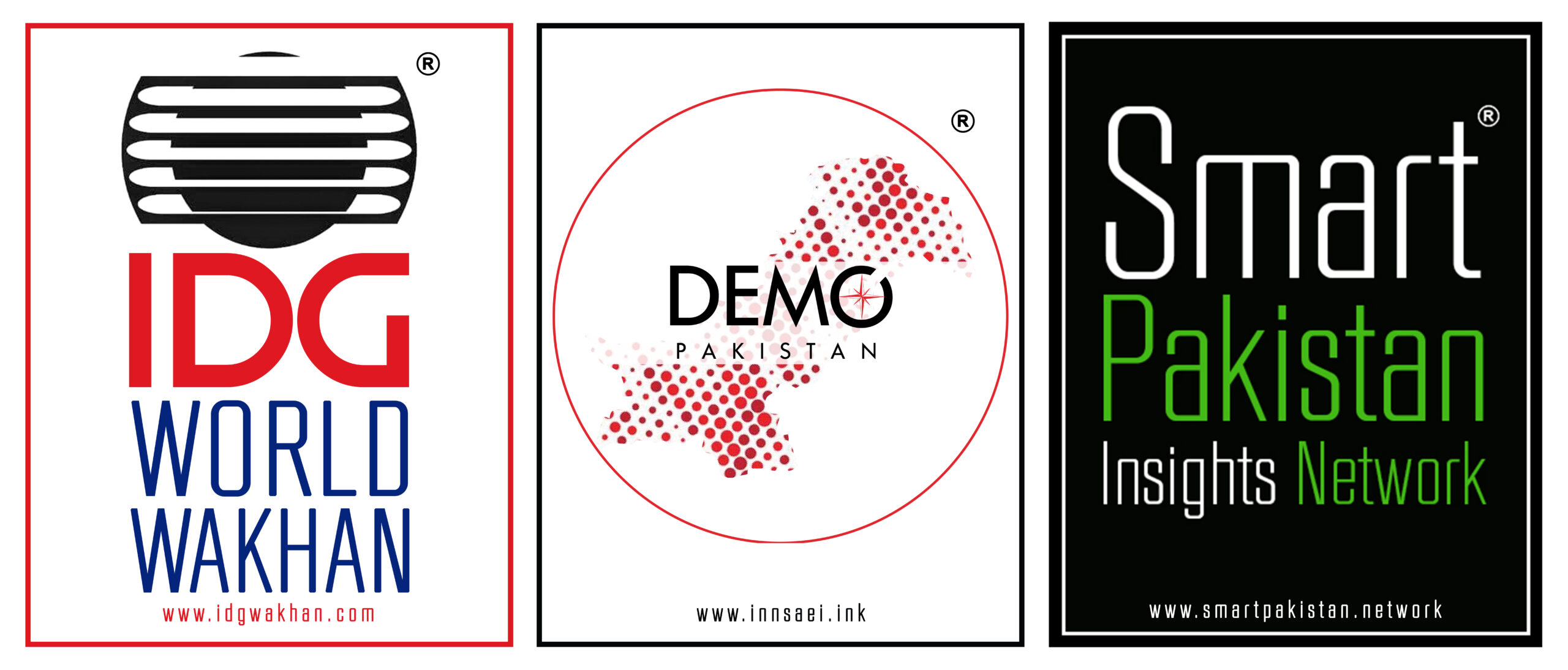Sheikhani Group, led by U.S.-based businessman Ali Sheikhani, is set to introduce its latest venture, Food Papa and Papa Ride, in the U.S., UAE, and Pakistan. With applications for restaurants and riders opening on April 18, 2025, and the official launch scheduled for June 20, 2025, the initiative aims to create over 50,000 jobs. However, the critical question remains—can these ambitious projects sustain themselves in Pakistan’s unpredictable startup ecosystem?
Food Papa and Papa Ride are being positioned as solutions to unemployment in Pakistan, offering a food delivery and ride-hailing platform that integrates job creation. The company’s plan includes providing rickshaws and bikes to deserving individuals, enabling them to generate income. While the initiative appears promising, it enters a highly competitive market where established players dominate and economic instability creates challenges for new startups.
Despite Pakistan’s expanding digital economy, many startups struggle to survive due to insufficient funding, regulatory hurdles, and macroeconomic volatility. While Ali Sheikhani’s financial backing and international business expertise may provide a strong foundation, operating in Pakistan’s complex market presents significant risks. The ambitious goal of generating 50,000 jobs could face obstacles without a clear operational framework and a sustainable financial model.
One of the key aspects of the initiative is Sheikhani’s collaboration with Zafar Abbas from JDC Foundation, particularly their Ramadan Employment Scheme. This partnership aims to provide food and job opportunities to low-income individuals, reinforcing the project’s social impact. Addressing concerns over wealth disparity, Sheikhani has publicly stated that it is unfair for affluent individuals to enjoy luxury dining while the less privileged struggle for basic meals. However, critics argue that charity-driven models, while commendable, may not offer long-term solutions for Pakistan’s economic and employment challenges.
For Food Papa and Papa Ride to succeed, the Sheikhani Group must navigate the complexities of Pakistan’s startup landscape. The food delivery and ride-hailing sectors are already dominated by established competitors, requiring new entrants to offer a compelling value proposition. The venture’s sustainability will depend on its ability to secure funding, optimize logistics, and differentiate itself from existing services. Ensuring operational efficiency and user adoption will be critical in determining whether Food Papa and Papa Ride can disrupt the market or become yet another failed startup attempt.
In the coming months, all eyes will be on how the Sheikhani Group executes its vision. While the project has the potential to drive employment and economic activity, the challenges of Pakistan’s business environment cannot be ignored. Whether Food Papa and Papa Ride can achieve long-term success remains to be seen, but their upcoming launch will be a crucial test in Pakistan’s evolving startup scene.




